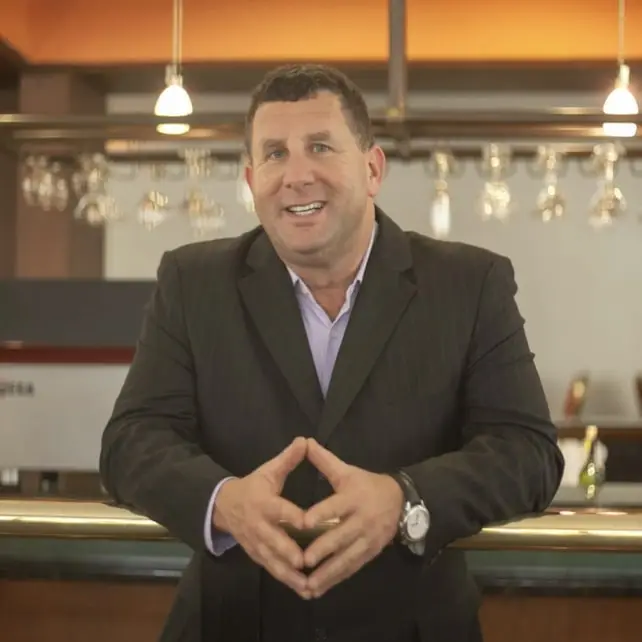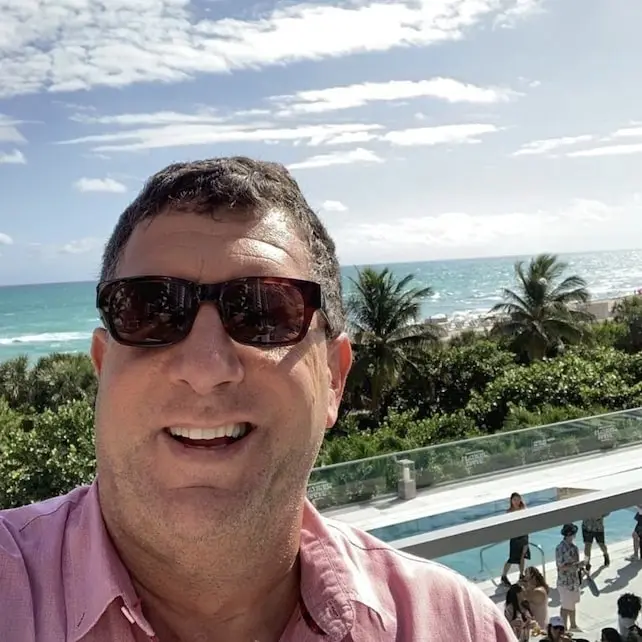
Robert Shemin is a legend in the real estate investing world. He’s written all kinds of books, including one of my favorite titles ever, How Come That Idiot’s Rich And I’m Not?
When asked how he got his start, he had this to say: “I always tell people I had two big advantages over most people when I got into real estate investing.”
“One,” he continued, “was I had no money or no credit.”
“And number two,” Robert said, “I had no interest in real estate investing.”
Wait, what? Keep reading this Robert Shemin review.
It’ll all make sense shortly.
“[At the time], I was doing some financial planning,” Robert recalled.
“And we can only work with individuals that were worth like $10-, $15 million plus.”
“Now, I had no money. I couldn’t even pay my rent. I’m from Nashville, Tennessee. My rent was like $800, I was always like a month behind.”
“You know, I was brought up, It takes money to make money. You gotta be super smart, have degrees, be a doctor or lawyer or something. I never graduated high school.”
“And anyway, I met this older couple. Guy named Ray Binion. Had no idea what he did.”
The guy didn’t look wealthy at all, but about 20 years prior he’d started buying houses by taking over people’s loans, fixing them up, and selling a few but mainly renting them.
Turns out, Ray was ballin’. He had about 120 properties that were making him around $1 million a year, net.
Took six months of vacation a year.
“And in one minute, every concept of money, wealth, and business in my brain just got fried,” Robert laughed.
“I’m looking at this guy and his wife going, Wait a minute, if they can do this, I got a chance.”
They told him how they did it, without using much money.
In disbelief, Robert began shadowing Ray for a couple months, just following him around, watching what he did.
About 14 months later, Robert had acquired 14 duplexes.
He funded them using money partners, owners’ terms, and seller financing. And to this day, that’s the model he uses.
Not that Robert’s never used his own money or credit to buy houses. He has. There’s nothing wrong with it. But why take the risk if you don’t have to, right?

Ray taught him how to manage the properties himself, how to get ’em for 20- to 30% below today’s market, how to maximize cash flow, the whole deal.
Apparently, Ray’s still alive today, now in his 90s, still doing the same thing. Pretty cool.
“And so, that’s kinda how I got started,” Robert said.
“And I always tell people, If he can do it I can do it, and if I can do it you can do it. And I’ve done it with one bedrooms, two bedrooms, high-end, middle-end, low-end, all over the country and now in about six different countries.”
“And there’s really no limit.”
Currently, Robert owns more than 500 doors plus some apartment complexes.
Other than finding a good mentor, his advice is basically: you can’t do it till you’ve done it.
In other words, you just have to force yourself to power through that first deal. It’s the hardest one you’ll ever do.
But once it’s done, you’ll believe it’s actually possible.
Number two will get a little easier. Number three, a little easier still. And so on and so forth.
But yeah, until you get some deals under your belt, it’s always gonna sound too good to be true.
When really, there’s no such thing. It’s effort, it’s work, it’s activity, accountability.
Robert’s brutally honest when it comes to setting expectations: if you make no offers, you’ll get no deals; if you make a lot of offers, you’ll get some deals.
But what about competition, right? I mean, if you line up 100 real estate investors in Phoenix today, they’ll all tell ya there’s nothing out there.
Robert knows better.
“There’s always a motivated seller. There’s always property that’ll cash flow. Look in smaller ponds. Cleveland, Ohio. Detroit, Michigan. We’ve made a fortune in those places,” he said.
Robert talks a good game but just ask the FTC how he really makes his money.
Not from owning doors but by promising a buncha poor Mexicans they could make six figures in real estate if only they bought into a $28,000 mentoring service.
When they didn’t even make back the price of the program, and asked for a refund, Robert and his cronies showed ’em the contract they had signed – written in English so they couldn’t understand it – that said, sorry, no refunds after 72 hours.
And on that note, my skin just crawled off my body.